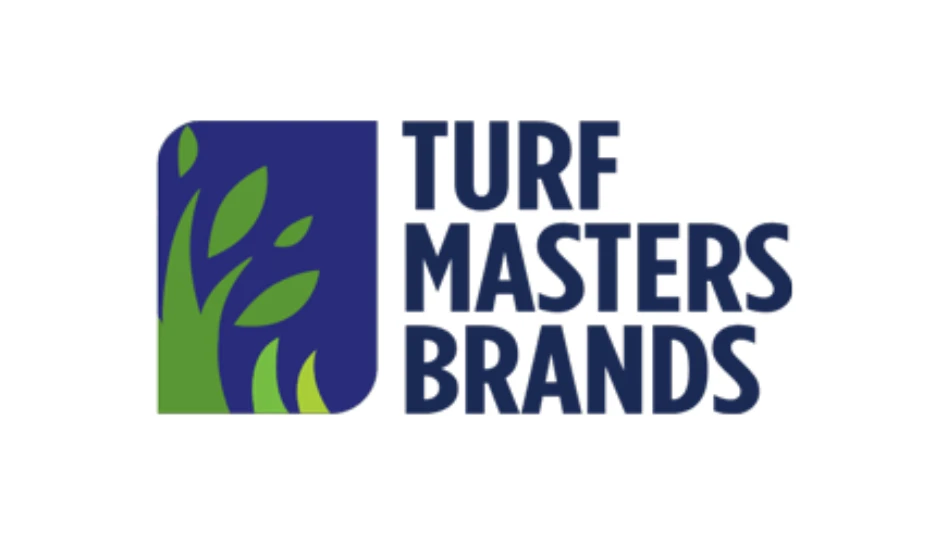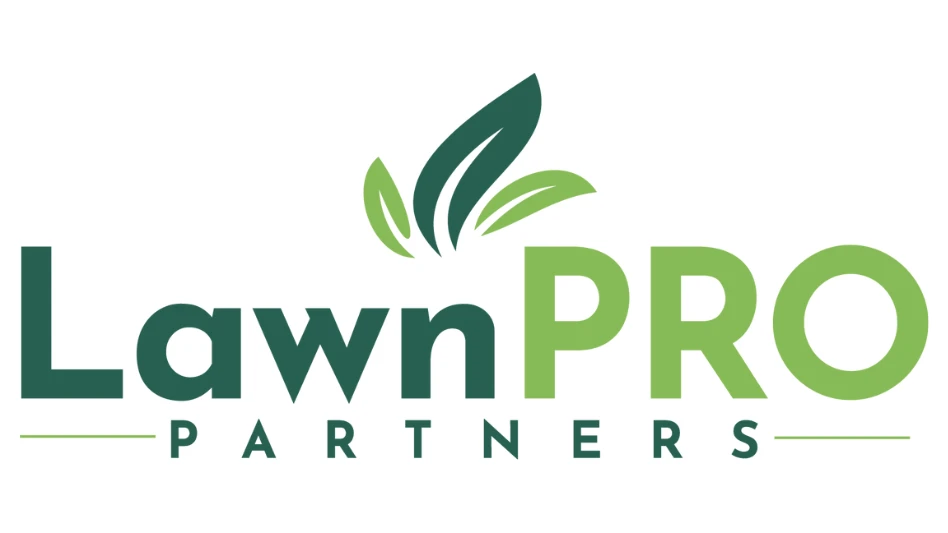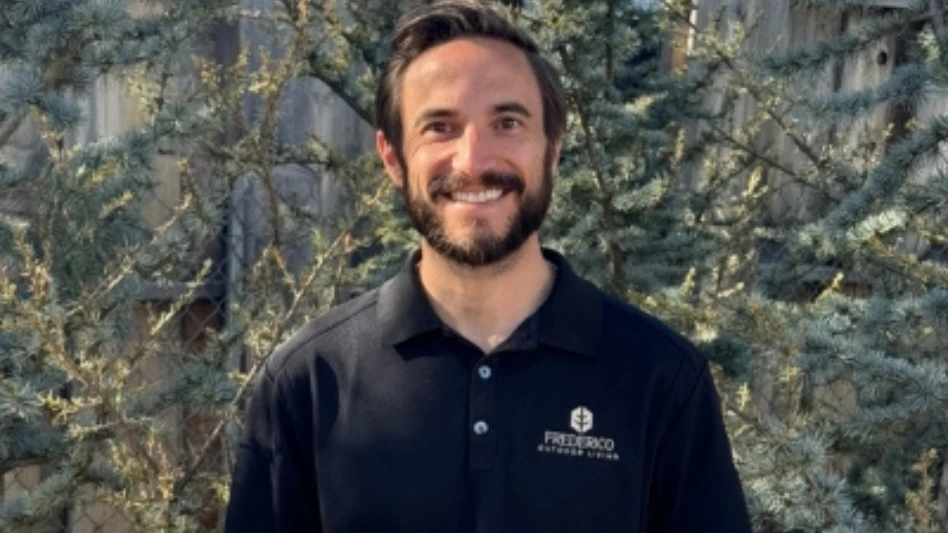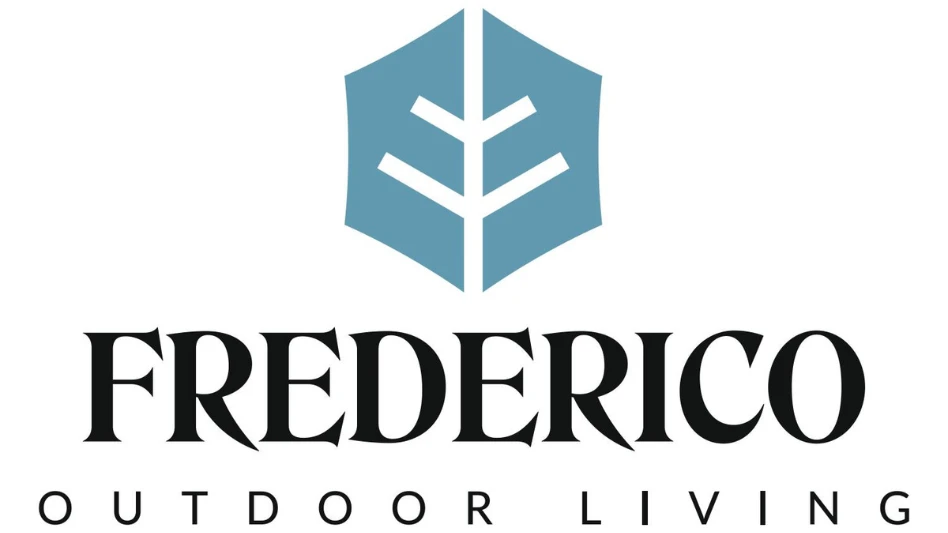 Dancing days
Dancing days
These crucial steps got Duke’s Landscape Management moving in the right direction.
Eric Cross was 45 years old, and he had owned his company for more than a quarter of a century, had built it up from nothing.
He wanted to make it great.
So he rented a hotel ballroom, and he filled it for what he referred to as a town-hall meeting with every one of the employees he had hired at Duke's Landscape Management. Be early, he said. Look nice, no jeans. Take notes. And then he and the rest of his team shared every bit of information about performance and profits and outlooks. He had been preaching to them to work harder, to work smarter, to be safe out there. In that ballroom, he told them why.
"Nobody knew the big picture except me and a couple of managers," Cross says. "So we started to talk about how we were doing. Safety, client retention, gross sales, profit. That was the beginning. We were either going to make this a great company again, or we were going to go out of business."
 That meeting provided a proverbial and literal turning point for Cross and Duke's. Three years ago, with about three dozen employees on board, and another three or four dozen added each spring, the company booked about $3.5 million in sales. Now, with an identical number of folks in the offices and out in the field, the company booked $5.2 million. How? How could a company in suburban New Jersey – headquarters are in Hackettstown, with a planned move this year to a LEED certified building in Mount Olive – increase its sales nearly 50 percent in three years? In this environment?
That meeting provided a proverbial and literal turning point for Cross and Duke's. Three years ago, with about three dozen employees on board, and another three or four dozen added each spring, the company booked about $3.5 million in sales. Now, with an identical number of folks in the offices and out in the field, the company booked $5.2 million. How? How could a company in suburban New Jersey – headquarters are in Hackettstown, with a planned move this year to a LEED certified building in Mount Olive – increase its sales nearly 50 percent in three years? In this environment?
How about we start with football? Cross played the sport at Delaware Valley College in the early 1980s, a tight end by trade, and he likes to highlight similarities between landscape businesses and football teams, the parallels apt. "You have a season and an offseason," he says. "You have your team and your strategy, you have a coach, you have a score." One of the many things Cross did to prepare for the town-hall meeting was to slap the company logo on a football helmet and ask his employees to vote whether they had just finished a good season. He offered up different records like 10-0, 3-7, 0-10. Most said yes, the season had been a success, they had finished 10-0, best in the business.
Then Cross broke down the numbers. The company had scheduled about 3,500 hours over budget.
Read what Cross did next and sign up for our monthly A Cut Above e-newsletter for maintenance contractors at www.lawnandlandscape.com/newsletters.
Matt LaWell
|
Finding ways to cut costs Though the advice might sound simple, here are a few ways Cross has helped keep costs low: Do more. Like most companies, Duke's prefers to work with customers in as many ways as possible. There are standard lawn services, of course, but what about irrigation? And enhancements? And, starting around this time of year, snow removal? Heck, are there other properties nearby that you might be able to pick up to help cut travel time and costs? "Sometimes," Cross says, "we have to look at an account and what they bring to the table." Spend first. With between 70 and 80 employees during the height of spring and summer, Duke's is not a jumbo, but neither is it small. It has enough money to upgrade equipment often enough that the upgrade will help lead to added efficiencies. "We have ZTR mowers, we have enclosed trailers," Cross said. "There are a lot of things that we do that cut down on our time, so we're working much more efficiently today than we were back then. You have to." Ask for outside help. Cross has regular talks with a peer group of other companies across the country, which has provided inspiration. If you're having trouble with costs – or anything else – find someone who can help you – and who you might be able to help, too. "We compare org charts, budgets, we share a lot of great ideas," he said. "There's accountability there, too." |
 An argument for sustainable landscapes
An argument for sustainable landscapes
Fockele Garden Co. is in the business of saving customers water.
Mark Fockele wound up in the green industry because it was something he truly loved, but it wasn't the career path he'd always been on. In fact, he went to law school and practiced law for 10 years before even starting his landscape business. "I found out law wasn't the career for me," says Fockele, who now owns The Fockele Garden Co. in Gainesville, Ga. "But whenever I wasn't at work, I was outside, doing a lot of gardening work. It was something I really loved. So about 21 years ago, I decided to make a big change."
Though he didn't know much about running a professional landscape business, Fockele threw himself into the industry and started working from the ground level up. He hired a couple of laborers and began to slowly pick up landscape work. Today Fockele's company brings in more than $3 million in revenue and is 45 percent maintenance work and 55 percent installation for a 60 percent commercial client base.
 In the early years, Fockele says business was one huge learning experience. "For a long time, just about every project I did required learning something new since I didn't have any professional background in the field," he says. "But I learned as I went along. I learned stone work, drainage and irrigation, plantings of various kinds, how to do water features and more. I learned it all on the job."
In the early years, Fockele says business was one huge learning experience. "For a long time, just about every project I did required learning something new since I didn't have any professional background in the field," he says. "But I learned as I went along. I learned stone work, drainage and irrigation, plantings of various kinds, how to do water features and more. I learned it all on the job."
Today Fockele has become a leader for offering sustainable landscaping practices that are still new to many. But Fockele says that it's been yet another learning experience for him. While the company has become well known for these offerings, he says they essentially "stumbled" into such techniques with one intuitive client.
"A very forward-thinking customer of ours asked if we could build a rainwater collection system," says Fockele. "This was five years ago, so she was ahead of her time. It was the first system we'd ever put in, but it was very successful. She wanted a rainwater system that she could use to water her gardens. And in 2007, when Georgia had a total water ban, she never ran out of water. She was able to keep her garden in good condition throughout the entire ban – relying only on rainwater. That was an eye opening experience for us."
Read the rest of Fockele’s story and sign up for our Water Works e-newsletter for irrigation contractors at www.lawnandlandscape.com/newsletters.
Lindsey Getz
|
Adding rainwater harvesting As more people embrace sustainable practices, companies offering these types of solutions are going to prosper. After all, the need for more eco-friendly living is only continuing to grow and intelligent methods for collecting rainwater and managing its usage is a huge part of that effort. The design and installation of rainwater harvesting systems can be a profitable segment. Before jumping in, there are factors to consider. Getting involved with rainwater harvesting and management means first getting educated. Mark Fockele, president of The Fockele Garden Co., says that anybody interested in rainwater collection would be well-served in joining the American Rainwater Catchment Systems Association (ARCSA) before doing anything else. This nonprofit organization, founded in 1994, promotes the use of more rainwater catchment systems in the United States. "It's a great organization and they are very experienced," Fockele says. "They offer an extensive training and certification program which would allow you to ultimately become a certified professional. That's the most important recommendation I'd make for anyone interested in this line of work." In terms of what's involved with installing a rainwater collection system, Fockele says it's a combination of jobs that a landscaper may already know how to do. And many would likely already have the equipment required as well. "The work involves things like excavation, piping, drainage and electronic controls," Fockele says. "So there are no specialized equipment requirements, but certain skills are obviously important." |
 Successful by design
Successful by design
Borst Landscape & Design has maintained a strong business by focusing on its strengths.
Landscape firms in the business of building dream backyards have been slapped with a reality check in the last couple of years. While clients are "vacationing" at home and outfitting their properties to provide a getaway experience, often their budgets for these accommodations are more economy hotel than luxury villa. There are always exceptions, but generally speaking, Mark Borst has also watched the price tags on his award-winning design/build projects drop over the years.
 That doesn't mean that profit is suffering, though. Borst still expects an average of 15 percent on each job. And he is still producing the highest-quality work, garnering recognition from PLANET as a 2010 industry Trailblazer for his longevity and success in the hardscape and landscape arenas.
That doesn't mean that profit is suffering, though. Borst still expects an average of 15 percent on each job. And he is still producing the highest-quality work, garnering recognition from PLANET as a 2010 industry Trailblazer for his longevity and success in the hardscape and landscape arenas.
The key to maintaining steady, strong business at Borst Landscape & Design, Allendale, N.J., is three-fold: delivering outstanding customer care; focusing on strengths (and subcontracting the rest) and managing projects so the end result is always high-quality.
Here is how Borst focuses on its strengths:
Borst Landscape & Design acts as a general contractor for the outside of the home. Crews do most of the work, but there are some components on a job that Borst won't touch, namely irrigation and lighting. "I've learned my limitations and what we're good at," Borst says. "We are good at doing hardscape and interlocking pavers, bluestone work, drainage – and the irrigation is stuff I don't want to get my guys caught up in, nor do I want to start another division."
So Borst will coordinate irrigation jobs, but his crews don't perform the work. "I surround myself with good contractors," he says. "We have our liaisons."
For instance, Borst Landscape & Design will sub out an asphalt driveway or hire a mason to build a sophisticated barbecue. But foremen, and ultimately Borst, will oversee that work. "We realized we can't be all things to all people," Borst says.
That said, Borst doesn't like to say "no" to any landscape design project. "We do everything that comes in our door," he says. That means taking on $10,000 planting jobs and near-million dollar outdoor rooms.
Read how Borst handles customers and sign up for our monthly Business Builder e-newsletter for design/build contractors at www.lawnandlandscape.com/newsletters.
Kristen Hampshire
|
How to apply for (and win) awards Borst Landscape & Design is a regular in the winner's circuit of regional and national landscape design contests. Over the years, the firm has earned many accolades for its high-end residential projects. Here, Borst shares tips for making it to best in show. Picture it. Hire a professional photographer to shoot completed projects, and before shots. "We do photos for our projects once each year, and we pick a time when the grass is looking lush and flowers are looking their best," he says. He maintains a database of clients with award-potential projects so he can reconnect with these families later to coordinate photography. Think small. "An award can be for a simple, backyard nook – it doesn't have to be for a three-quarter million project," Borst says. Don't discount high-impact pocket gardens and other smaller-scale planting projects that can win awards, too. There are award categories for most price ranges, he says. Share successes. If you have a winner, let the community know about it. Send a press release to local newspapers and magazines. Write about it in the company e-newsletter or include a one-liner about the win on invoices. |
.jpg) Constant contact
Constant contact
Your Green Team has grown by paying close attention to customer communication.
Unfortunately, one of the worst stereotypes about contractors is often true: Even good ones can find themselves too busy to communicate with their clients between service calls. Feeling stood up, customers begin to wonder if they're truly getting their money's worth; even worse, they become vulnerable to competitors' pick-up lines.
Yet contractors do have the power to keep their clients from acting like a jilted boyfriend or girlfriend. Successful companies build strong relationships with their customers by communicating with them effectively.
Just ask Kevin Igoe, co-owner of Your Green Team (YGT), a lawn and landscape company in Plant City, Fla., that specializes in fertilization, plant and tree care and pest control. Igoe and his partner, Shane Karlson, have developed tried-and-true techniques that have earned them near-perfect marks on customer surveys.
"It's the personal touch of being communicated with regularly," says Igoe. "Our customers can't say they never hear from us; they hear from us all the time."
 It's not just that YGT employs friendly technicians that explain lawn treatments while standing on customers' doorsteps. Nor is it simply the educational "Time Out Cards" that are provided to clients after a service call. No, what clinches the deal is the personal follow-up call from Karlson or Igoe within two weeks. They inquire about customers' satisfaction and if needed, take additional steps to ensure they're happy.
It's not just that YGT employs friendly technicians that explain lawn treatments while standing on customers' doorsteps. Nor is it simply the educational "Time Out Cards" that are provided to clients after a service call. No, what clinches the deal is the personal follow-up call from Karlson or Igoe within two weeks. They inquire about customers' satisfaction and if needed, take additional steps to ensure they're happy.
It's time-consuming, yes, but evidence shows that it's working: Since YGT was founded three years ago, it has grown 45-60 percent per year to more than $1 million dollars in annual revenue. Although the Tampa metropolitan area remains a highly competitive market for lawn and landscape companies, business continues to flourish.
"You don't find many people that communicate well in this industry," Igoe says. "The number one customer complaint is, 'Once I signed up, I never heard from them anymore.' We want to be a good, honest company focused on customers. To do that, Shane and I make sure we reach out to our customers personally."
YGT's Time Out cards help to explain basic problems such as worms, Chinch bugs or funguses. If a customer is not home or reachable by phone, techs leave a Time Out Card with the invoice to ensure the client stays informed about their treatments.
Karlson and Igoe also track Time Out Cards on a daily basis, using the laptops that are installed in every truck. When they place follow-up calls to customers using this system, they're able to reference specific treatments.
Read more about how YGT communicates with customers and sign up for our monthly Growing Green e-newsletter at www.lawnandlandscape.com/newsletters.
Lee Chilcote
|
Making a referral program work For years, Igoe has offered customers a free month's service in exchange for providing a referral. It sounded good; the problem was, however, it wasn't working. "People just didn't see the value, and the incentive got lost in everyday bills," says Igoe. "We needed to find something that meant more to people." That's when Igoe and his partner, Karlson, came up with the idea of giving people a prepaid credit card that came with $40 on it. "It's about the price of a family dinner," says Igoe. "They buy something and think of us when doing it." Since launching the program a few years ago, Igoe has been pleasantly surprised by its success. "It really works," he says. "It's not as effective with regular customers, who generally refer people to us anyway. But it works well for teaming up with vendors, such as Realtors or sod companies we work with. They get paid to refer people to you." Here's how YGT's program works. When a new customer is referred by someone that has a relationship with YGT, the company mails a $40 gift card to the referrer the next day. The permanent card is emblazoned with YGT's logo and personalized with the recipient's name, and the user can track the balance online. If that individual provides another referral, then an additional $40 can be added with a keystroke. Igoe hands out cards with a zero balance every time he meets a new salesperson with one of his vendors. That way, "it's in the back of their head that their card could have $40 on it, which really forces them to market for us," he says. |

Explore the January 2012 Issue
Check out more from this issue and find your next story to read.
Latest from Lawn & Landscape
- All fun and games
- Larry Ryan steps down as Ryan Lawn & Tree president
- Session snippets
- WorkWave debuts WavelyticsTM at Beyond Service User Conference
- Picking up after the storm
- HD Hyundai Construction Equipment North America unveils HX90A compact excavator
- Ruppert Landscape acquires Ocean Woods Landscaping
- Registration now open for Central Coast Water Summit





